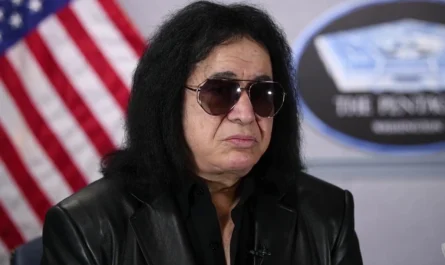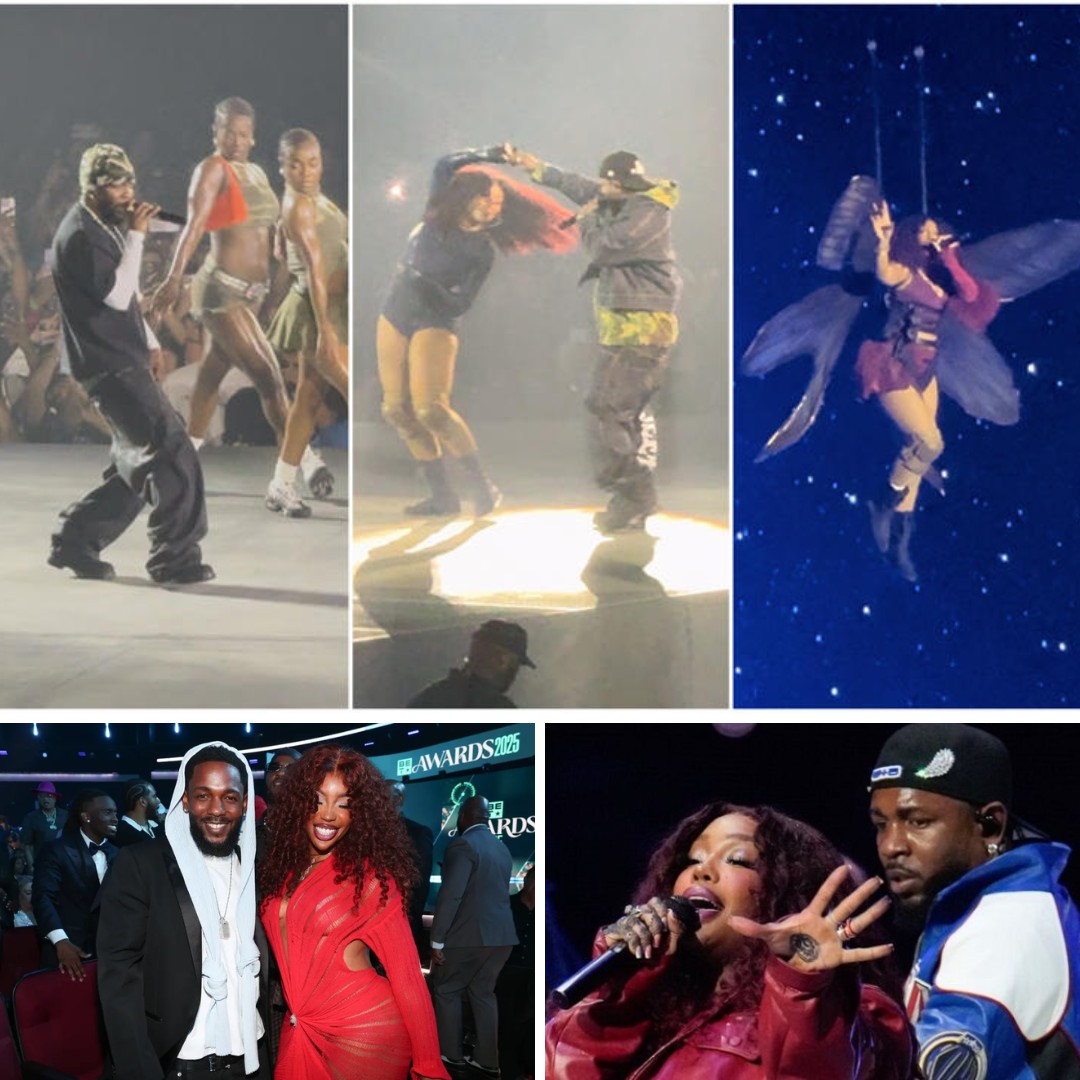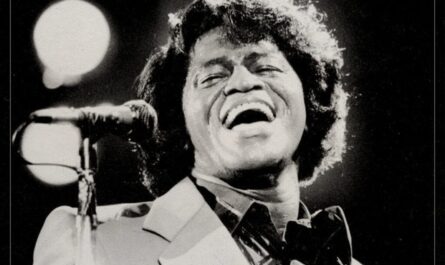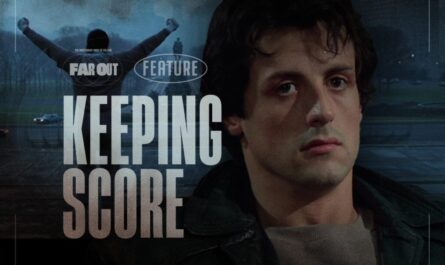Fate stepped in to get Rozie Ramati to say what needed to be said. Then it stepped in again, and again, and again to give her the courage, and to make sure she said it right, tackling politics head-on.
For those algorithmically blessed enough, they might already be familiar with Ramati’s unmistakable vocals. On early singles like ‘White Tee’ and her cover of ‘Besame Mucho’, her unique and flitting voice steals the spotlight on these songs of love and desire. They’re the topics she found herself considering most, musing on matters of the heart.
It’s comfortable territory and territory we all know well. There’s a reason why love and heartbreak truly are the bread and butter of art across all mediums. They’re topics that are relatable and poignant, they stir big emotions up in us. But they’re all safe and understandable. They might feel like personal minefields of emotion in the thick of the feeling, but really, aches and pains of the heart are comforting in a way – everybody knows them, everybody understands them, and so listeners will get it, no matter how dark or deep or devastating the lyrics might get.
It’s water Ramati knows how to wade in, but these are unprecedented times. No matter how good a person is at swimming, everything is starting to feel choppier.
That’s when fate began to work. First, it dropped an image into Ramati’s head. “Some time during the summer of 2023, I was walking in a park, as I typically do,” she told Far Out, “And I just kind of sudden realisation of like, whoa, a tie, the concept of a tie, and what that means within the structure of a capitalistic society, is literally a noose.” These thoughts are not the typical kind that came to the love writer, so she acknowledged it, wrote it down in a notepad, and tried to just stay on course.
But no one can turn a blind eye anymore. “I was struggling with where the world was seeming to lead to, especially being in America right now, and just feeling the tension of the election kind of bubbling up,” Ramati said as that image of the noose tie, and the context of the world around her, came up again and again. She was called to do something, but she’s honest about how she felt, telling me:
“I knew I wanted to express sort of what I was feeling and thinking, but I didn’t know how to do it.”
Rozie Ramati
Where to even begin? In a time when saying anything can feel futile, when the art of protesting, let alone protest songwriting, feels confused and weakened, when any attempt to speak up and use your voice feels like opening yourself up to either being ignored or attacked, how are artists supposed to steal themselves? Especially artists who have never strayed into political territories before.
Fate kept showing up, though. Back walking in the park on another day, musing on some of the lyrics she’d begun to write about the state of things, she got a message. “I got a text from my Abuelo, and he’s like, ‘Mija, I was listening to your old music, or the music that you’ve released, and have you ever considered making music talking about the world?’” Ramati recalled as her relative seemed to be the mouthpiece for some higher calling this time round, “He’s like, ‘you know, it’s wonderful to talk about love, but it’s another thing to talk about what’s really going on?’”
“It’s interesting. That’s so bizarre too, because this is what I’m working on right now,” Ramati said as she shared scraps of the beginning of what would become ‘Blinking Aisles’, her latest single and a direct to the point analysis of America as it stands.

Back then, though, it wasn’t direct. “I really was trying to be as poetic and kind of cryptic as possible, to be able to express these ideas in a way that I felt safe and comfortable,” Ramati admits that the fear and worry about doing it wrong held tight. Still trying to escape the intensity of the political voice that seemed to want to come through, she was doing everything possible to rework her thoughts into the kinds of songs she was used to writing. Then fate came by…again.
“I keep Howl on my desk,” she tells me, always keeping an Allen Ginsberg book close. One day, while still struggling to let herself fall freely into the song the world wanted her to write, she opened the book. “I pulled it out, opened it up, and the first page I opened to was ‘America’. And then I’m reading it, and it says, ‘America, the plum blossoms are falling’. That’s crazy, because I had already kind of written the song to have plums for me are like a motif in my work,” she recalled, as again, her own personal life converged with the matter at hand. Combining her personal codified images with Ginsberg’s own outright takedown of American society, fate was pointing a clear finger.
When she was still struggling to finally and completely listen, it started throwing things. “This was the most woo thing I think that’s ever happened to me in my life,” she said as she began this story of a series of weird instances where things in her apartment were moving of their own accord and falling over. But mostly, it was one thing – a framed picture of Frida Kahlo.
“If I have the courage, hopefully, that can give someone else the courage too.”
Rozie Ramati
“Just the day prior, I had a session with the first Mexican American producer I’ve ever worked with, and we were talking about music and art, and there was a Frida Kahlo book in the studio,” Ramati said, but still, during the session, she avoided the track she’d been beginning to craft. Clearly seeing that, the world nudged her hard again.
“A Frida Kahlo painting fell down, and it was not my cat. So I was like, You know what? That’s a little interesting, because I had this session yesterday, and we’re talking about Frida, and I’m like, let me look up Frida Kahlo’s art,” she said, opening her laptop and landing direct on an image of her piece, Self-portrait on the Borderline Between Mexico and the United States.
It was the final push, and the pieces all came together. As if Ginsberg and Kahlo, two vital political artists from the past, converged to give her the courage, alongside voices of loved ones and prompts from the world pushing her own, Ramati went all in and found the bravery to write ‘Blinking Aisles’, shrugging off any suggestion of the type of artist she thought she was to instead say what she felt needed to say. To honour those hands on her back, she even wrote part of Ginsberg’s poem into the song, and recreated the Kahlo painting for the cover.
“The only thing that pulled me through, I think, was trusting the inner voice and trusting that even if the world is not reflecting back to you the image that you wish to see, you can be that change,” she said, “The world will support you along the way and give you little like doodads and make a painting fall or something. It made me feel like, OK, I just need to do this, even if it is scary. If I have the courage, hopefully, that can give someone else the courage too.”
So Ramati took her place in the lineage of writers tackling the world around them, joining the ranks of others artists who inspired her, like Stevie Wonder, Marvin Gaye and Joan Baez. Resulting in a truly powerful and prescient track that deserves to be an anthem for the times, fate made sure Ramati finally spat it all out, and said it loud and clear, building a new nest around Ginsberg’s enduring words – “America, I’ve given you all, and now I’m nothing.”





